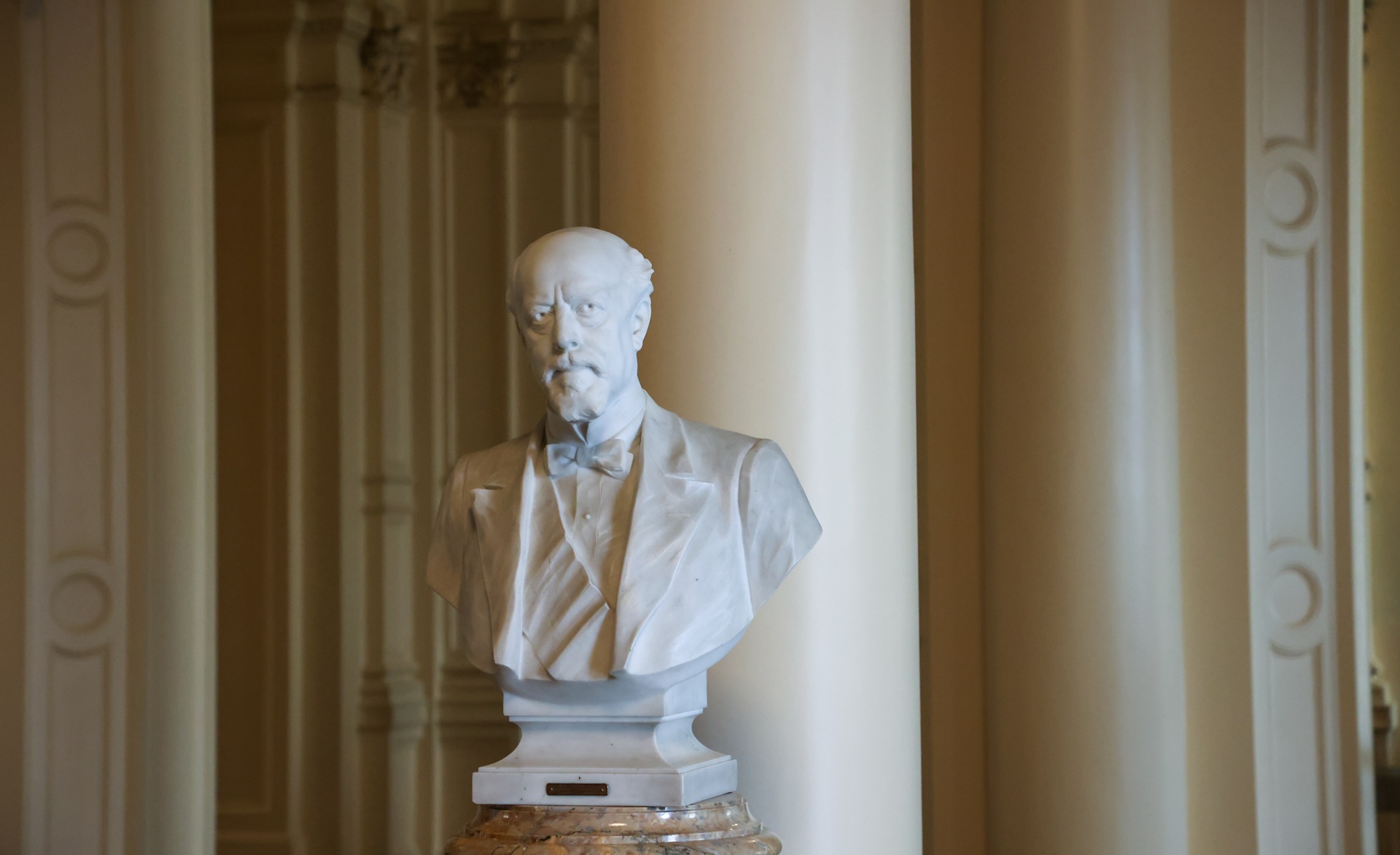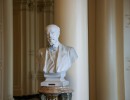"Nothing great, stable, or lasting is achieved in the world when it comes to the freedom of men and the advancement of peoples, except at the cost of supreme efforts and painful sacrifices".
111 years after his passing, we remember with respect and gratitude Julio Argentino Roca, one of the most influential presidents in the history of the Argentine Republic and a driving force behind profound transformations. Roca died on 19 October 1914, at the age of 71, in the city of Buenos Aires, leaving an indelible legacy in national politics and in the consolidation of the modern state.
Roca was born in San Miguel de Tucumán on 17 July 1843. He was the third of nine siblings and studied at the Colegio de Concepción del Uruguay, where he trained alongside future leaders of national public life. His military career began at a very young age, participating in decisive battles such as Cepeda, Pavón and the War of the Triple Alliance, experiences that shaped his vision of the need for order and centralisation in a country fragmented by internal conflicts.
As Minister of War, he led the Desert Campaign in 1879, an action that consolidated Argentine sovereignty over Patagonia and allowed for the expansion of the national territory. He was subsequently elected president for two terms: 1880-1886 and 1898-1904.
During his first term, he promoted the federalisation of Buenos Aires, monetary unification and an ambitious public works plan, which included the expansion of the railway, port and communications systems. His government slogan, ‘Peace and Administration’, reflected a period of institutional stability, economic growth and the incorporation of European immigrants, which would shape the country's demographic and productive profile. These transformations laid the foundations for economic growth, territorial integration and Argentina's entry into the global trade arena.
During his second term, Roca further modernised the state: he established compulsory military service, reorganised the armed forces and strengthened Argentina's international role. He also reinforced the national presence in Antarctica, affirming Argentina's sovereignty over this strategic territory.
After his presidency, he continued to participate actively in public life, serving in diplomatic posts in Brazil and Europe.
Julio Argentino Roca left a profound mark on the process of building the Argentine state. His political and economic model transformed Argentina into a thriving agro-exporting nation with international projection and growing institutional development.
Today, his memory lives on in the Casa Rosada, where his bust is preserved in the Hall of Honour, a portrait in the Hall of Heroes, and the painting ‘Portrait of President Julio A. Roca’ by Rafael Del Villar in 1937, which is located in the Casa Rosada Museum.
111 years after his death, we pay tribute to Julio Argentino Roca, highlighting his legacy, his strategic vision and his commitment to a strong, sovereign nation open to the world.

